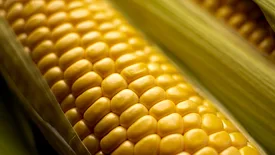Home » artificial intelligence
Articles Tagged with ''artificial intelligence''
Welcome to the Machine: AI and Potential Implications for the Food Industry
An exploration of how AI might support food safety efforts and regulatory compliance
June 23, 2025
Never miss the latest news and trends driving the food safety industry
Newsletters | Website | eMagazine
JOIN TODAY!Copyright ©2026. All Rights Reserved BNP Media.
Design, CMS, Hosting & Web Development :: ePublishing











